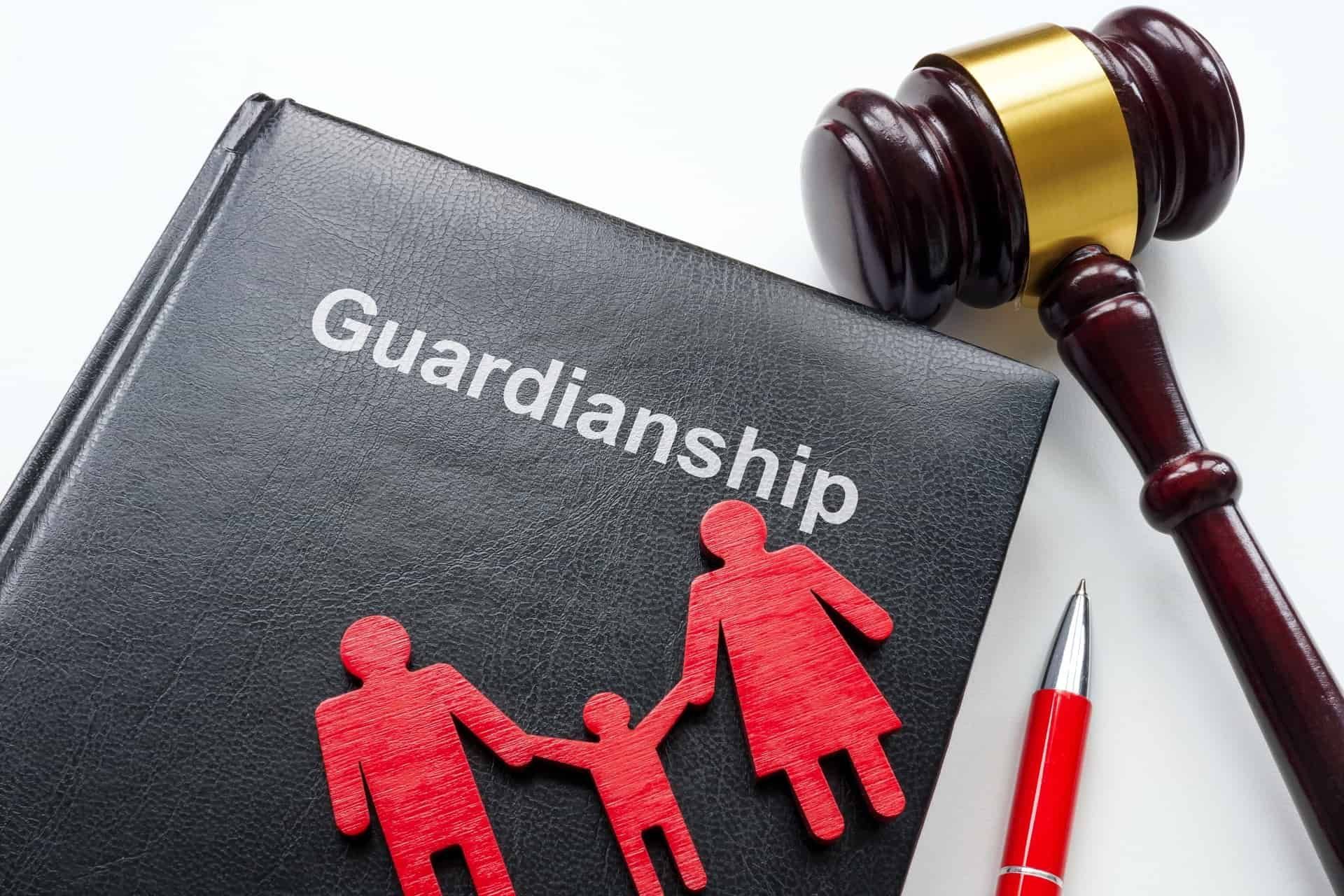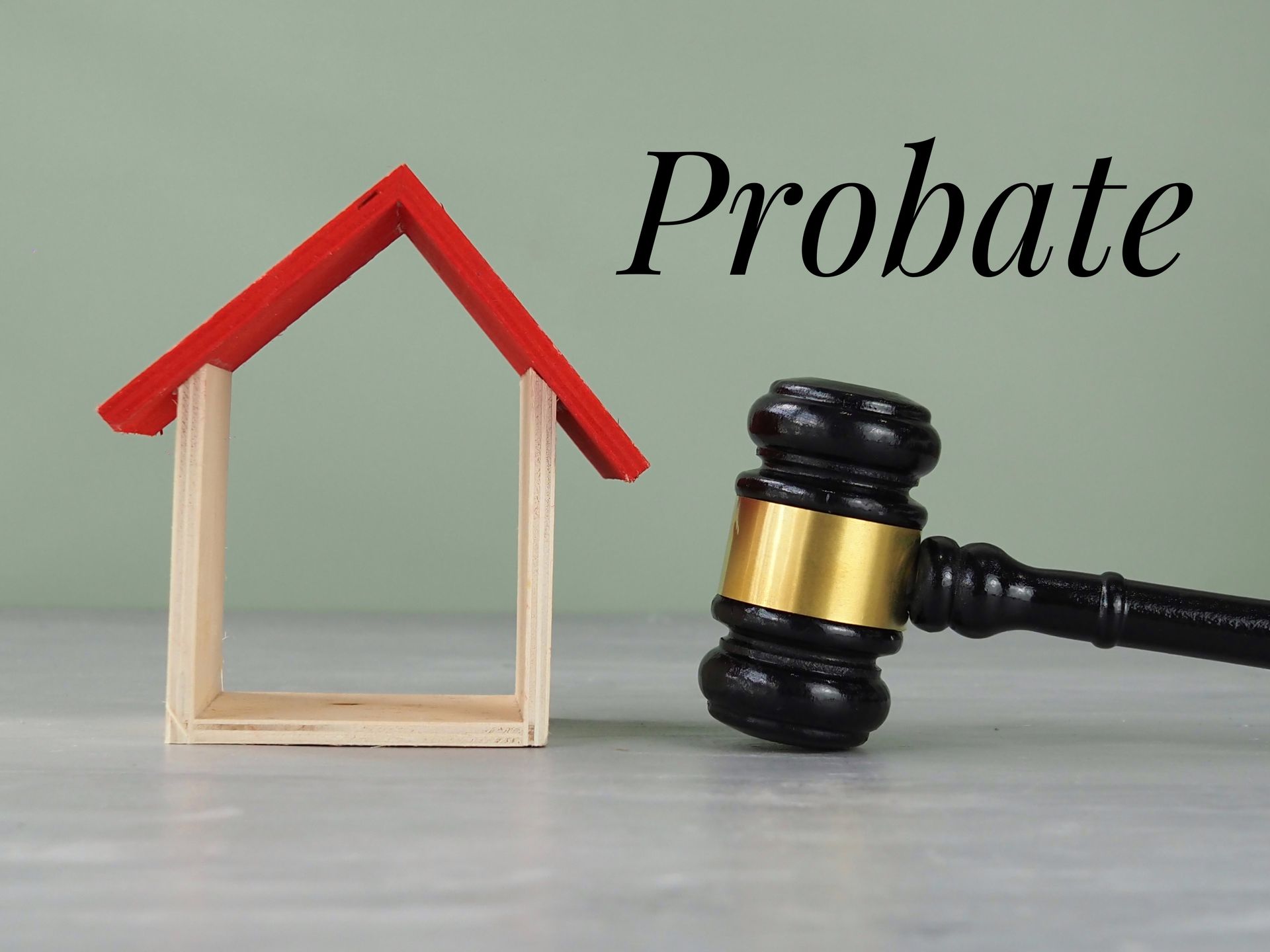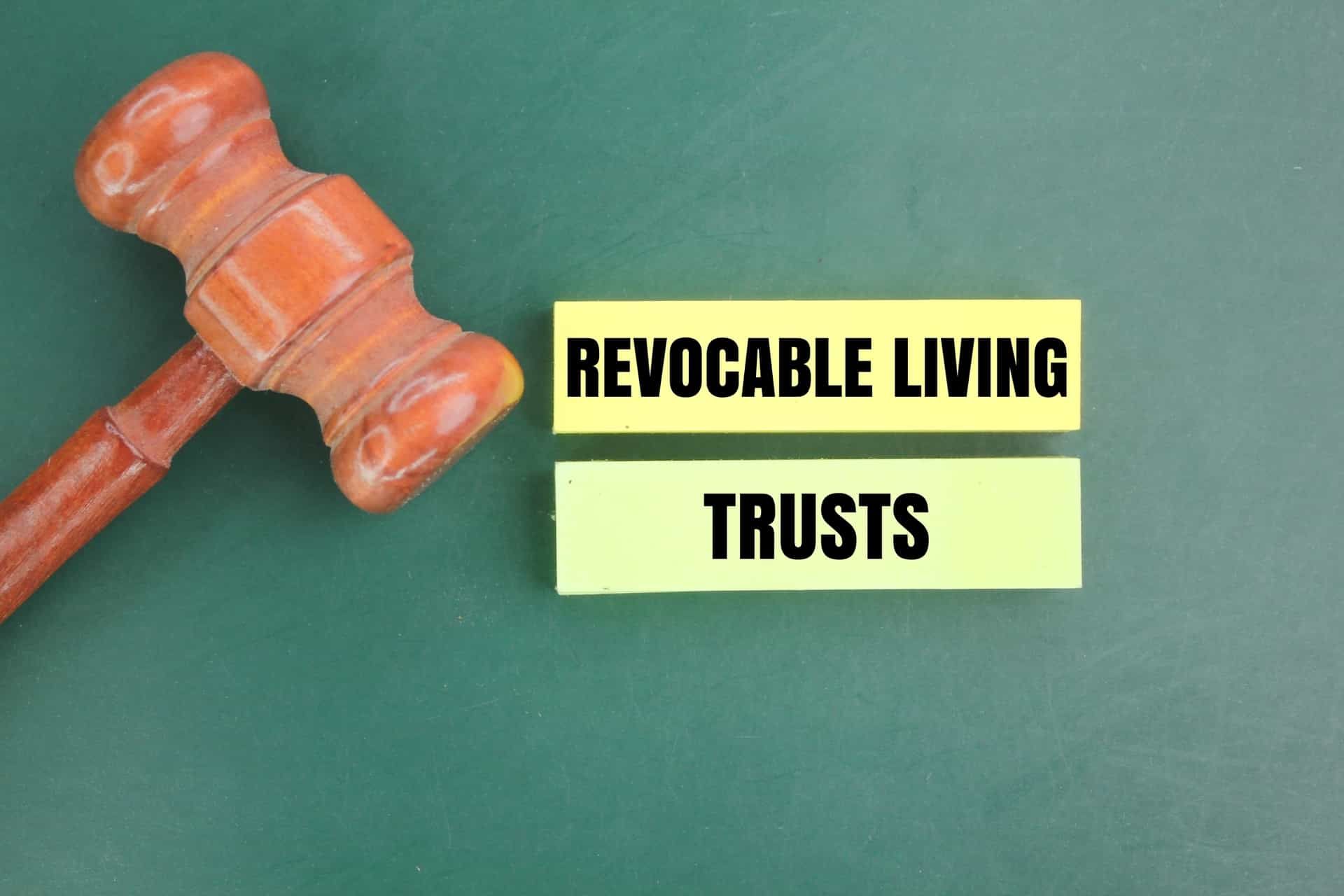What Is the Evidence Needed to Contest a Will?
Testamentary trusts, or wills, are legal documents that allow you to distribute your assets after your death in a way you choose. In some situations, however, it may be necessary to contest a will. Sometimes this happens because the will is fraudulent or does not reflect the testator’s intent.
Other times it’s because there was some kind of duress placed on the testator by another party. If you feel that contesting a will is necessary in your situation, there are several ways to do so.
The exact process will vary depending on where you live and the circumstances of your case. Nevertheless, each state has its own laws regarding contesting a will and the type of evidence that must be met in order to do so successfully.
Why Contest a Will?
There are a few reasons why you might want to contest a will. Maybe you feel like you were left out of the will unfairly, or you think that the person who made the will wasn’t of sound mind when they did it.
If you have a valid reason Evidence Needed to Contest a Will, then you’ll need to gather evidence to support your case. This can be anything from witness testimony to financial records.
The court will ultimately decide whether or not to invalidate the will based on the evidence that is presented. So, if you’re considering contesting a will, make sure you have strong evidence to back up your claims.
What Is the Evidence Required to Contest a Will?
The first thing to understand is that, as in most other legal matters, you need to have proper and sufficient evidence to win. In other words, you can’t just contest a will because you don’t like the idea of the person receiving the assets. You have to have a valid reason for doing so.
The evidence required for this depends on the grounds for contesting the will. Fraud or malfeasance is an obvious one. If you can prove that the will was forged or that the testator was bribed in some way, that is grounds for immediate action.
Whenever someone is under duress, they are not in a position to make a testamentary gift in their favor. If a beneficiary was coerced or intimidated into signing a will, that is grounds for contesting it. Similarly, if someone was manipulated or coerced into changing their will, that is also grounds for contesting it.
Lack of Testamentary Capacity
Testamentary capacity is the ability to know and understand what you are doing at the time of making a will. Essentially, it’s the ability to know what your assets are and who you want to receive them. If someone is suffering from some sort of mental impairment of incapacity, it might not be their fault that the will does not reflect their true wishes.
In this case, you can contest the will because of the lack of testamentary capacity. This is not just for people with severe mental illnesses, either. It can also be for people who have been subjected to mental duress, like significant financial pressure.
And in some cases, this might even extend to people with a serious lack of education, who may not fully understand what they are doing when they make a will.
Duress
Duress is basically when someone is pressured into doing or signing something against their will. In the case of a will, this can include threats of violence or threats of taking away someone’s livelihood. While it may not be as obvious as a forged document, duress is often hard to detect. It can be subtle and hard to prove.
Nevertheless, it’s a very valid reason for contesting a will and is often easier to prove than fraud. There are two main types of duress that may be present in a will: constructive or actual duress.
Constructive duress happens when someone suborns the will of another person, making it appear as though they have a right to receive their assets. The other type, actual duress, is when someone actually coerces or threatens another person into signing the will in their favor.
Lack of Probative Value
Probative value is basically the weight a piece of evidence holds in a court of law. If a piece of evidence is lacking probative value, it doesn’t hold much significance. This can be for a variety of reasons, such as it being hearsay or the fact that it was obtained illegally.
There are two types of evidence that often have low probative value: Ex parte evidence, or evidence filed by only one person; and parol evidence, or oral agreements made outside of a will. Ex parte evidence is evidence that was gathered without the participation of all parties involved.
This can include things like testimony from family members who attended the testator’s deathbed. Parol evidence includes oral agreements made outside of the will, such as promises made by the testator.
Disappointed Inheritance
This is an unusual reason, but it is valid. It is basically when someone deliberately undervalues an asset in their will. For example, if someone’s grandchild is expecting a large inheritance but discovers that it has been drastically undervalued in the will, they may contest it on the grounds that the grandchild has been disappointed in the inheritance.
While this is a rare reason for contesting a will, it is not unheard of. A disappointed inheritance is grounds for contesting a will if the person making the will intended for you to receive something of lesser value.
Call
Doane & Doane Today to Speak with a Will Contest Attorney
If you want to challenge a will, you need to collect evidence that supports your claim. This evidence may include medical records, witness statements, or other documents that demonstrate that the person making the will could not make decisions, was unfairly influenced, or that the will was created fraudulently or executed improperly.
It’s no secret that contesting a will can be a lengthy and challenging process. That’s why you need experienced attorneys on your side who can help you navigate the legal system and build a strong case. At Doane & Doane, our will-contest lawyers have years of experience handling these types of cases and are prepared to fight for the best possible outcome on your behalf. Call us today at
(561) 656-0200 to get started.
The information in this blog post is for reference only and not legal advice. As such, you should not decide whether to contact a lawyer based on the information in this blog post. Moreover, there is no lawyer-client relationship resulting from this blog post, nor should any such relationship be implied. If you need legal counsel, please consult a lawyer licensed to practice in your jurisdiction.
Disclaimer: The information on this website and blog is for general informational purposes only and is not professional advice. We make no guarantees of accuracy or completeness. We disclaim all liability for errors, omissions, or reliance on this content. Always consult a qualified professional for specific guidance.
RECENT POSTS






